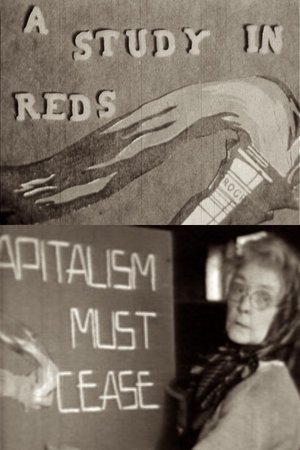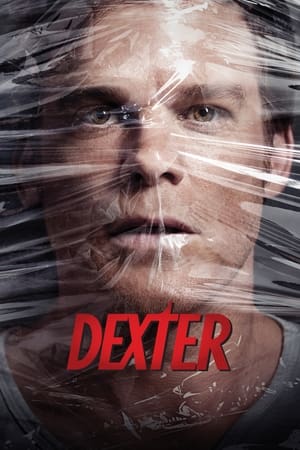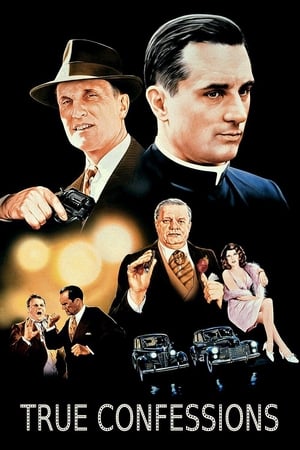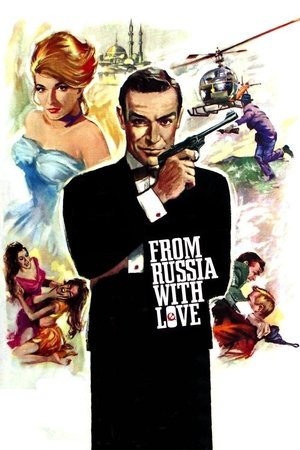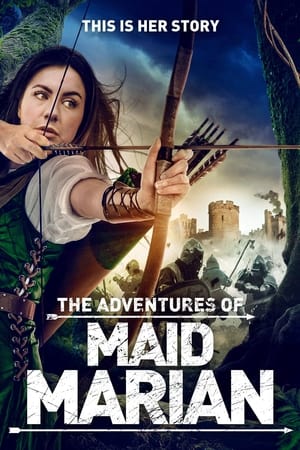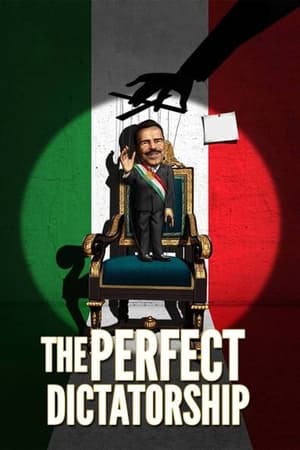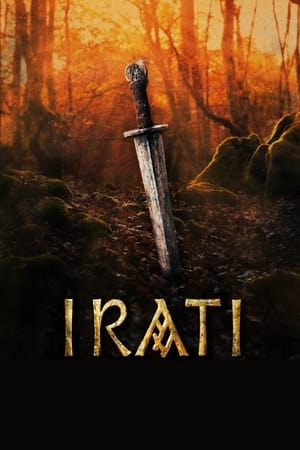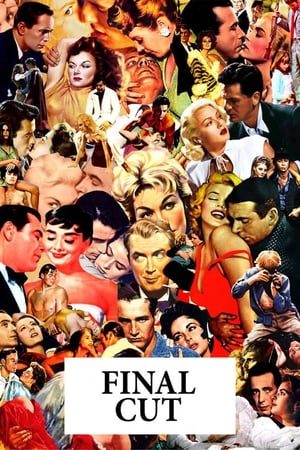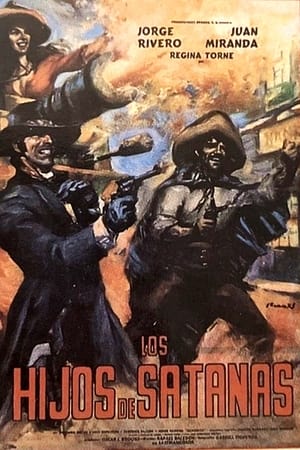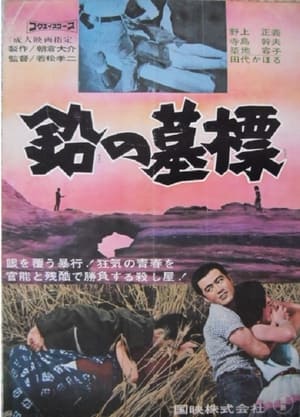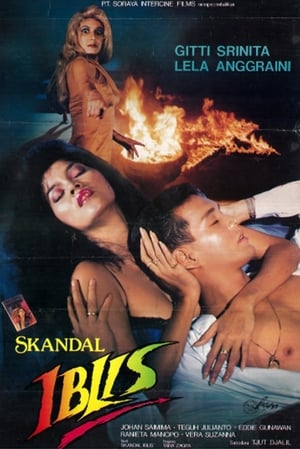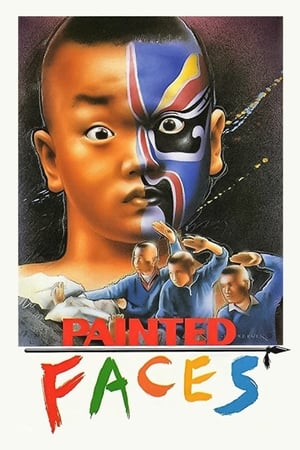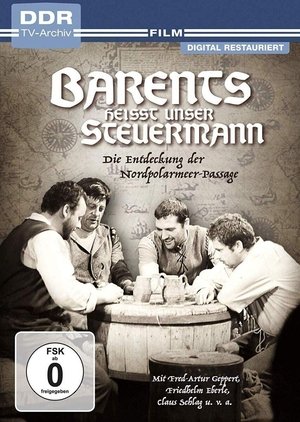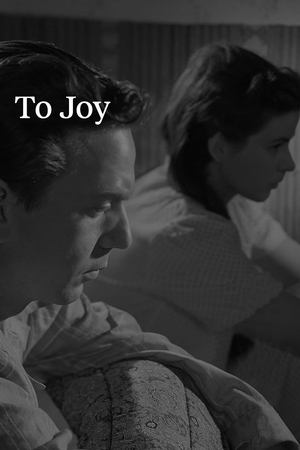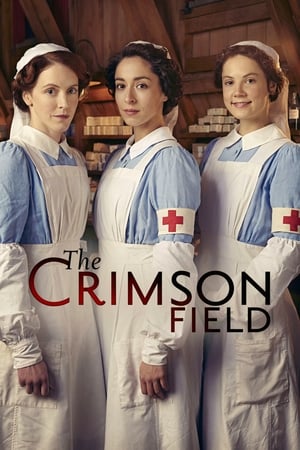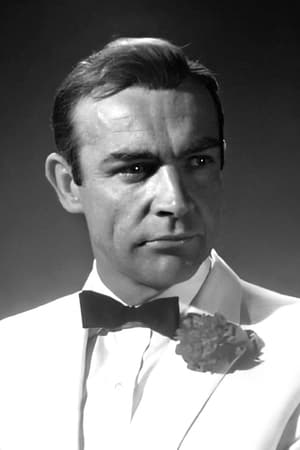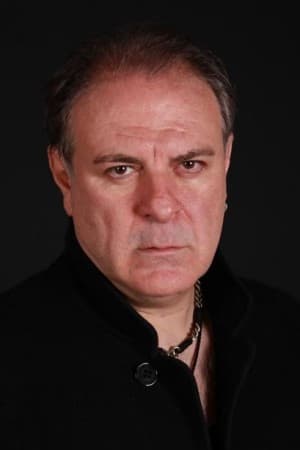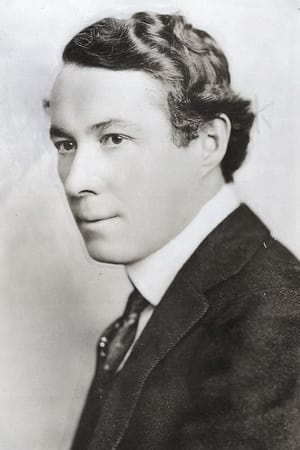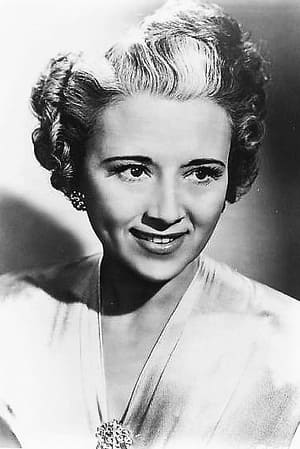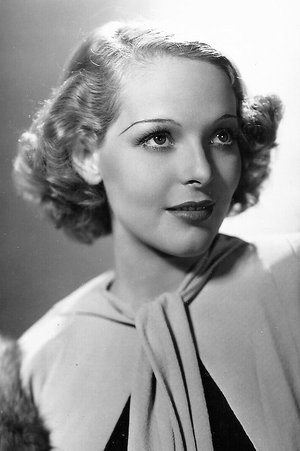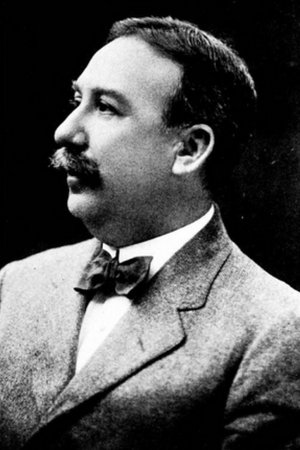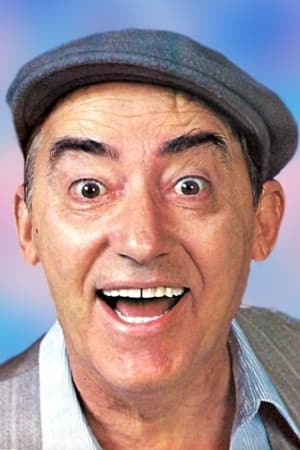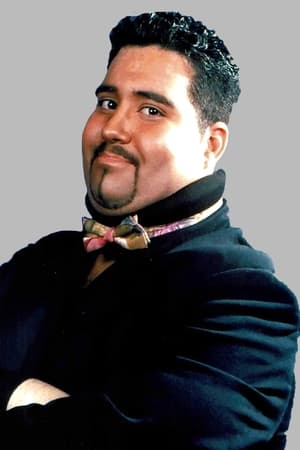Trending
Popular people
Sean Connery
Biography
Sir Thomas Sean Connery (August 25, 1930 – October 31, 2020) was a Scottish actor and producer who won an Academy Award, two BAFTA Awards (one being a BAFTA Academy Fellowship Award), and three Golden Globes, including the Cecil B. DeMille Award and a Henrietta Award.
Connery was the first actor to portray the character James Bond in film, starring in seven Bond films (every film from Dr. No to You Only Live Twice, plus Diamonds Are Forever and Never Say Never Again), between 1962 and 1983. In 1988, Connery won the Academy Award for Best Supporting Actor for his role in The Untouchables. His films also include Marnie (1964), Murder on the Orient Express (1974), The Man Who Would Be King (1975), A Bridge Too Far (1977), Highlander (1986), Indiana Jones and the Last Crusade (1989), The Hunt for Red October (1990), Dragonheart (1996), The Rock (1996), and Finding Forrester (2000).
Connery was polled in a 2004 The Sunday Herald as "The Greatest Living Scot" and in a 2011 EuroMillions survey as "Scotland's Greatest Living National Treasure". He was voted by People magazine as both the “Sexiest Man Alive" in 1989 and the "Sexiest Man of the Century” in 1999. He received a lifetime achievement award in the United States with a Kennedy Center Honor in 1999. Connery was knighted in the 2000 New Year Honours for services to film drama.
On 31 October 2020, it was announced that Connery had died at the age of 90.
Description above from the Wikipedia article Sean Connery, licensed under CC-BY-SA, full list of contributors on Wikipedia
Read more
Burak Sergen
Biography
1961 yılında dünyaya geldi. Sanatçı bir aileden gelen Sergen, babası opera sanatçısı, annesi ise tiyatro sanatçısı idi. Karizmatik oyuncu orta öğrenim ve lise hayatının ardından Hacettepe Üniversitesi Tiyatro bölümünde eğitim hayatını devam ettirdi. Mezun olduktan sonra birçok tiyatro sahnelerinde yer aldı ve 1985 yılında Devlet Tiyatroları'na giriş yaptı. 1999 yılında büyük bir aşk evlenediği şuan ki eşi olan Işıl Sergen ile mutlu bir evlilik sürdürmektedir
Read more
Henry B. Walthall
Biography
From Wikipedia, the free encyclopedia
Henry Brazeale Walthall (March 16, 1878 – June 17, 1936) was an American stage and film actor. He appeared as the Little Colonel in D. W. Griffith's The Birth of a Nation (1915). In New York in 1901, Walthall won a role in Under Southern Skies by Charlotte Blair Parker. He performed in the play for three years, in New York and on tour. With the company of Henry Miller he gained recognition on Broadway in plays including Pippa Passes, The Only Way and William Vaughn Moody's The Great Divide (1906–08). His fellow cast member James Kirkwood introduced Walthall to D. W. Griffith, and at the conclusion of that engagement, Walthall joined the Biograph Company.
His career in movies began in 1909 at Biograph Studios in New York with a leading role in the film A Convict's Sacrifice. This film also featured James Kirkwood, and was directed by D. W. Griffith, a director that played a huge part in Walthall's rise to stardom. As the industry grew in size and popularity, Griffith emerged as a director and Walthall found himself a mainstay of the Griffith company, frequently working alongside such Griffith regulars as Owen Moore, Kate Bruce, Lillian and Dorothy Gish, Mae Marsh, Bobby Harron and Jack and Mary Pickford. He followed Griffith's departure from New York's Biograph to California's Reliance-Majestic Studios in 1913. After a few months with Reliance, he joined Pathé for a short period.
He decided to go into the producing business and formed The Union Feature Film Company, the first to be devoted entirely to full-length films. The venture was not successful, however, and he again became associated with Griffith's company.
Given the relatively short length of films in the early years, Walthall frequently found himself cast in dozens of films each year. He gained national attention in 1915 for his role as Colonel Ben Cameron in Griffith's highly influential and controversial epic, The Birth of a Nation. Walthall's portrayal of a Confederate veteran rounding up the Ku Klux Klan won him large-scale fame, and Walthall was soon able to emerge as a leading actor in the years leading up to the 1920s, parting ways with Griffith.
Walthall continued working in films through the 1920s, appearing in The Plastic Age with Gilbert Roland and Clara Bow. He portrayed Roger Chillingworth in Victor Seastrom's 1926 adaptation of The Scarlet Letter opposite Lillian Gish.
Walthall continued his career into the 1930s. After his performance in director John Ford's 1934 film Judge Priest starring Will Rogers he enjoyed a golden period of his career. He portrayed Dr. Manette in A Tale of Two Cities (1935), starring Ronald Colman. In 1936 he appeared as Marcel in The Devil-Doll. He was gravely ill during his final film, China Clipper.
Frank Capra wanted Walthall to portray the High Lama in his 1937 film, Lost Horizon. "Frail and failing, he died before we could test him," Capra wrote.
Walthall has a star on the Hollywood Walk of Fame located at 6201 Hollywood Boulevard.
Read more
Bess Flowers
Biography
From Wikipedia, the free encyclopedia
Bess Flowers (November 23, 1898 – July 28, 1984) was an American actress. By some counts considered the most prolific actress in the history of Hollywood, she was known as "The Queen of the Hollywood Extras," appearing in over 700 movies in her 41 year career.
Born in Sherman, Texas, Flowers's film debut came in 1923, when she appeared in Hollywood. She made three films that year, and then began working extensively. Many of her appearances are uncredited, as she generally played non-speaking roles.
By the 1930s, Flowers was in constant demand. Her appearances ranged from Alfred Hitchcock and John Ford thrillers to comedic roles alongside of Charley Chase, the Three Stooges, Leon Errol, Edgar Kennedy, and Laurel and Hardy.
She appeared in the following five films which won the Academy Award for Best Picture: It Happened One Night, You Can't Take it with You, All About Eve, The Greatest Show on Earth, and Around the World in Eighty Days. In each of these movies, Flowers was uncredited. Including these five movies, she had appeared in twenty-three Best Picture nominees in total, making her the record holder for most appearances in films nominated for the award. Her last movie was Good Neighbor Sam in 1964.
Flowers's acting career was not confined to feature films. She was also seen in many episodic American TV series, such as I Love Lucy, notably in episodes, "Lucy Is Enceinte" (1952), "Ethel's Birthday" (1955), and "Lucy's Night in Town" (1957), where she is usually seen as a theatre patron.
Outside her acting career, in 1945, Bess Flowers helped to found the Screen Extras Guild (active: 1946-1992, then merged with SAG), where she served as one of its first vice-presidents and recording secretaries.
Read more
Sally Blane
Biography
One of four actress sisters, the others being Polly Ann Young, Georgiana Young and Loretta Young. Sally retired from the screen ca. 1939.
Although this lovely, light brown-haired leading lady would wind up better known as one of Loretta Young's three acting sisters, Sally Blane nevertheless enjoyed a modest "B" film career during the late 20s and 30s. The resemblance to her "A" level sister was very strong -- the same graceful, elongated face and fawn-like, wide-set eyes. Unlike her sister, however, Sally lacked strong determination and ambition. Although she remained on the second or third Hollywood tier throughout her career, her film output was considerable if mostly routine.
Read more
Samuel Eto'o
Biography
Samuel Eto'o Fils (born 10 March 1981) is a Cameroonian retired professional footballer who played as a striker. In his prime, Eto'o was regarded by pundits as one of the best strikers in the world, and he is regarded as one of the greatest African players of all time, winning the African Player of the Year a record four times: in 2003, 2004, 2005, and 2010.
A precocious talent, Eto'o moved to Real Madrid as a 16 year old. Due to competition in his position with more experienced players, he had several loan spells, before signing for Mallorca in 2000 where he scored 70 goals. His impressive form saw him join Barcelona in 2004 where he scored 130 goals in five seasons and also became the record holder for the most appearances by an African player in La Liga. Winning La Liga three times, he was a key member of the Barcelona attack, alongside Ronaldinho, that won the 2006 UEFA Champions League Final, with Eto'o scoring in the final, and was part of a front three of Lionel Messi and Thierry Henry that won the 2009 UEFA Champions League Final, with Eto'o again scoring in the final. He is the second player in history to score in two UEFA Champions League finals. At Barcelona, Eto'o came in third for the FIFA World Player of the Year in 2005 and was twice named in the FIFA FIFPro World XI, in 2005 and 2006.
He signed with Inter Milan for the 2009-10 season, where he became the first player to win two European continental trebles following his back-to-back achievements with Barcelona and Inter. He is the fourth player in Champions League history, after Marcel Desailly, Paulo Sousa, and Gerard Piqué, to have won the trophy two years in a row with different teams. After brief spells with Anzhi Makhachkala, Chelsea, Everton, and Sampdoria, Eto'o found prolific form again in the Süper Lig with Antalyaspor having scored 44 goals in 76 league games. In 2015, he received the Golden Foot Award.
As a member of the Cameroon national team, Eto'o was a part of the squad that won the Gold Medal at the 2000 Olympics. He also won the Africa Cup of Nations in 2000 and 2002. Eto'o has participated in four World Cups and six Africa Cup of Nations. Eto'o announced his retirement from international football in August 2014.
From Wikipedia, the free encyclopedia.
Read more
Edwin S. Porter
Biography
Edwin Stanton Porter was an American film pioneer, most famous as a producer, director, studio manager and cinematographer with the Edison Manufacturing Company and the Famous Players Film Company. Influenced by both the "Brighton school" and the story films of Georges Méliès, Porter went on to make important shorts such as Life of an American Fireman (1903) and The Great Train Robbery (1903). In them, he helped to develop the modern concept of continuity editing, paving the way for D.W. Griffith who would expand on Porter's discovery that the unit of film structure was the shot rather than the scene. Porter, in an attempt to resist the new industrial system born out of the popularity of nickelodeons, left Edison in 1909 to form his own production company which he eventually sold in 1912.
Porter remains an enigmatic figure in motion picture history. Though his significance as director of The Great Train Robbery and other innovative early films is undeniable, he rarely repeated an innovation after he had used it successfully, never developed a consistent directorial style, and in later years never protested when others rediscovered his techniques and claimed them as their own. He was a modest, quiet, cautious man who felt uncomfortable working with the famous stars he directed starting in 1912.
He has directed four films that have been selected for the National Film Registry by the Library of Congress as being "culturally, historically or aesthetically" significant: Life of an American Fireman (1903), The Great Train Robbery (1903), Dream of a Rarebit Fiend (1906) and Tess of the Storm Country (1914).
Read more
Nikos Rizos
Biography
Nikos Rizos (Greek: Νίκος Ρίζος; 30 September 1924 – 20 April 1999, in Athens) was a Greek actor. He took part in many Greek comedies in cinema.
Rizos began his career with Anthropoi, anthropoi in 1948 at the Metropolitan Theatre. He founded his own company in 1959 which he co-ran from 1961 with Vasilis Avlonitis and Georgia Vasileiadou. He appeared in various comedies in Greece and Germany, performing for the immigrant Greeks abroad. In 1986, he appeared at the Astor Theatre on Stadiou Street which he ran from the artistic performance until 1990. Rizos changed and he was a theatrical entrepreneur for 27 years.
He starred in around 300 comedy films including To soferaki (with Giorgos Tzavellas), O thisavros tou makariti (with Nikos Tsiforos), O Klearchos, i Marina kai o kontos, Simoria eraston, and others. On television, he starred alongside Martha Karagianni in O dromos (The Road). In 1999, he appeared in the television series of Tassos Athanassiadis's I aithousa tou thronou. It was his last appearance on television.
Read more
Joel Gertner
Biography
Joel Gertner is an American professional wrestling announcer, color commentator, and manager. He is best known for his appearances with Extreme Championship Wrestling from 1995 to 2001. Gertner debuted in professional wrestling in 1992 at the age of 17, making appearances at a local wrestling federation as a heel announcer under the nickname "Joey Jaguar". He would threaten the wrestlers and usually get beat up for his actions. Gertner attended Poly Prep Country Day School in Brooklyn, New York and started attending Cornell University in 1993. After his professional wrestling bookings started to interfere with his schoolwork, he dropped out of Cornell in the spring of 1996. Gertner was one year short of a bachelor's degree. Gertner also worked for the Cornell radio station. Gertner began working for the Philadelphia, Pennsylvania-based promotion Extreme Championship Wrestling as a ring announcer in the summer of 1995. Soon after, Shane Douglas influenced Gertner to become a heel and Gertner started taunting and making fun of the babyface wrestlers during their introduction and as a result, the face wrestlers usually made Gertner pay for his insults. He was then given the position of a color commentator by Taz and Bill Alfonso to counterbalance the influence of announcer Joey Styles, who they regarded as being biased against them. He also hosted a segment on ECW's weekly television program entitled Gertner Vision. During this time, Gertner became popular with the fans for his introductions, which would consist of limericks containing multiple sexual innuendos. Gertner later became the manager and ring announcer for The Dudley Boyz, even going as far as to be called "Studley Dudley". At Barely Legal, the Dudleys faced The Eliminators for the ECW World Tag Team Championship. During the match, Gertner was hit by The Eliminators finishing move, the Total Elimination, and as a result he began wearing his now infamous neckbrace and continues to do so. The Eliminators would go on to win the match and the titles as well. Joel involved himself in a six-man tag team match at 1998 Heat Wave, between Tommy Dreamer, The Sandman and Spike Dudley taking on D-Von, Big Dick and Bubba Ray, insulting head ECW referee John Finnigan. Later in the match Joel was hung in the tree of woe and Finnigan baseball slide a steel chair into his face. Despite the 'injury', Joel led the Dudley Boyz to a record eight ECW Tag Team Title reigns until they left for WWE. Upon the Dudleys departure, Gertner then became a broadcaster on ECW on TNN alongside Joey Styles. Upon doing so, Gertner turned face and began feuding with The Network's representative Cyrus, and got unlikely support from broadcast partner (and former nemesis) Joey Styles. The feud came to a head at Anarchy Rulz in which Gertner faced Cyrus in a one on one match. Gertner won the match and ended the feud after assistance from The Sandman. Gertner remained with ECW until its closure on April 4, 2001. Gertner showed up on ECW's last pay-per-view Guilty As Charged where he began to cut a promo before being attacked by Cyrus and Da Baldies. He returned later during the main event attacking Cyrus and helping Rob Van Dam perform a Van Terminator on Jerry Lynn.
Read more
Morris Hayes
Biography
Morris Hayes is a talented musician, producer, and band leader. As a keyboardist, Hayes has worked with superstars such as Prince, George Clinton, Elton John, Whitney Houston, and Stevie Wonder. He was one of the 2013 inductees into the Arkansas Black Hall of Fame.
Morris Kevin Hayes was born in the small town of Jefferson (Jefferson County), just outside Pine Bluff (Jefferson County). He was inspired by the religious music he heard in church as a child. He majored in art at the University of Arkansas at Pine Bluff (UAPB). When a rhythm and blues (R&B) band on campus lost its keyboard player, Hayes—who had learned to play a bit in high school—offered to fill in. Although he was still learning to play the keyboard, he played well enough to take the spot.
After graduating from college, Hayes played in churches and with various bands, moving to Chicago, Illinois; Memphis, Tennessee; and then to Texas. He cofounded a group called the Bizness, which former Prince and the Revolution bass player Mark Brown heard. Brown asked the group to come to Minneapolis, Minnesota—which had a vibrant music scene—and record a demo. Hayes recorded the demo and then joined Brown’s band, Mazarati.
When Brown’s group disbanded around 1991, Hayes remained in Minneapolis. When the keyboardist for the popular group the Time quit, Hayes replaced him and toured with the group in Asia. After the completion of the tour, Hayes formed another group called G Sharp and the Edge. This group performed as the house band in the popular Minneapolis club Glam Slam, which was frequented by Prince (who would later purchase the club). Prince signed the group to open for him on his “Diamonds and Pearls” tour in 1992.
After the tour ended, Prince asked Hayes to join his band, the New Power Generation. Hayes played in the band for ten years. In 2003, he left for a scheduled six-week gig with funk and soul jazz saxophonist Maceo Parker. Instead, he stayed for two years before rejoining the New Power Generation as the leader of the band in 2005.
Hayes has also performed with a long list of major artists, including Sheila E., Chaka Khan, Herbie Hancock, Kanye West, Elton John, Babyface, Carlos Santana, Kenny Loggins, Lenny Kravitz, Alicia Keys, Will.i.am, Mary J. Blige, Maroon 5, Ani Di Franco, Questlove, Kool Moe Dee, Sheryl Crow, Gwen Stefani, Erykah Badu, Amy Winehouse, Bono, The Edge, and Macy Gray.
Hayes has received numerous honors for his work, including inclusion in the Arkansas Black Hall of Fame in 2013. Hayes is involved in a nonprofit called No Worries Now, which helps children with terminal illnesses by organizing proms for them. The organization also helps fund osteosarcoma research. Hayes is the owner and CEO of Ill Street, Inc., a music production company through which he has written for various films and television shows such as Flavor Flav’s Under One Roof, Martin Lawrence’s You So Crazy, and Laurel Avenue on HBO.
Read more

